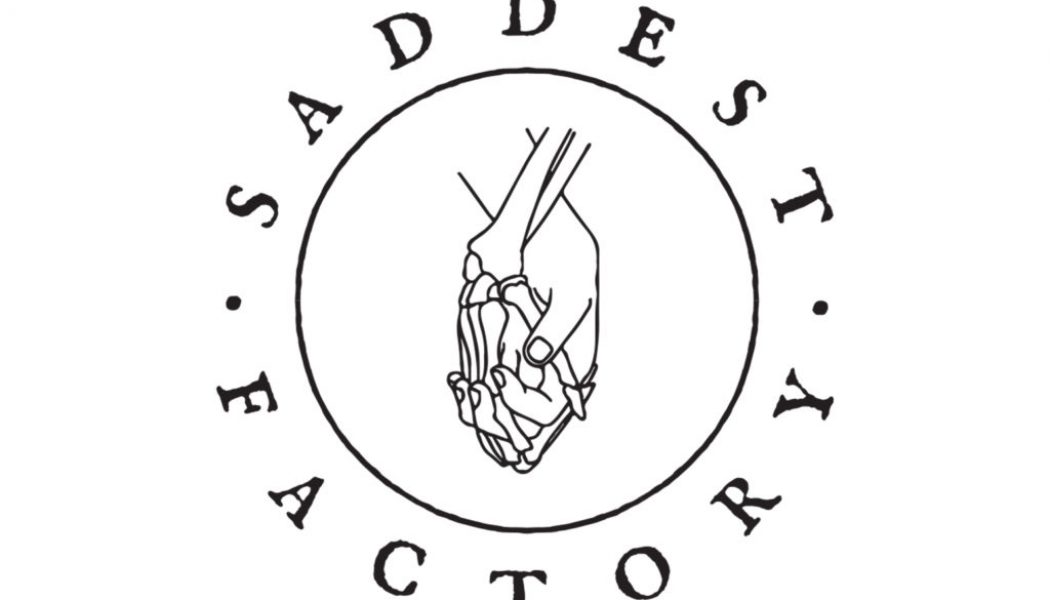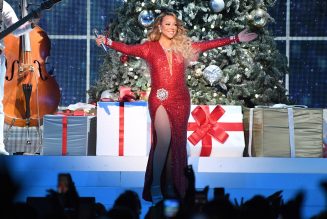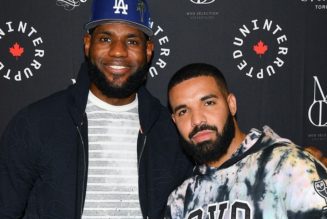
That dream comes to fruition today with the launch of Bridgers’ own Dead Oceans imprint, Saddest Factory. The name is a tongue-in-cheek mispronunciation of the word “satisfactory” — which also happens to be a term used frequently in record deals — that was originally made on Twitter by her former Sloppy Jane bandmate Haley Dahl.
“It’s always been a dream of mine to have a label, because I’m also such a music fan,” says Bridgers. She says she has been essentially pitching artists to Dead Oceans for years, and finally decided to ask Secretly for a label of her own when indie band Bright Eyes announced their signing to Dead Oceans in February — a deal that came together after Bright Eyes frontman Conor Oberst and Bridgers formed the indie-rock duo Better Oblivion Community Center. “I brought it up, like, ‘Can I have a label?'” Bridgers says. “And they were like, ‘Yeah, totally.'”
Bridgers released her sophomore album, Punisher, in June, even as other artists delayed their projects amid the coronavirus pandemic. She says she saw no reason to postpone the label launch, either. “One of my favorite things about this time is that everybody is listening to records faster, making tons of playlists and doing dance parties in their houses,” she says. “I felt like if there’s cool stuff, I want to get it going and get it out to people as fast as possible.”
As the increasingly digital music landscape makes it easier than ever for artists to create and distribute their work, acts like Run the Jewels and the late Nipsey Hussle have skirted or left the major label system, and Kanye West’s Twitter-storm demand last month that labels update contracts to be more fair to artists is hardly the first such call to action. Even for an independent-minded artist like herself, though, Bridgers says that a label deal has been essential, since it allows her more time and freedom to focus on the music and big-picture ideas. She wants Saddest Factory to provide the same service to its signees, with Bridgers acting as the liaison “from artist [brain] to corporate brain,” she jokes. Saddest Factory will also allow her to further explore her self-described “secret passion”: Marketing. “I love thinking of bus bench ideas and Instagram filters and stuff,” she says. “It’s very corporate of me, but I’m kind of obsessed.”
Saddest Factory will sign acts across genres, based on the most pure criteria, says Bridgers: The quality of their songs, an obvious requirement but one that isn’t always given the same weight as an artist’s social media following, co-signs and other indicators of hype. “If I like it and I listen to it for pleasure, then other people will like it and listen to it for pleasure,” she says. “I don’t think I have any ethos other than, ‘Am I jealous?'”
Bridgers has already signed her first act, which will be announced in the coming weeks.
The launch comes as independent artists and labels are consistently outperforming the major labels in terms of streaming service growth. Independents’ streaming revenue grew by 39% in 2019, while that of majors grew by 22%, according to a MiDIA Research analysis of an IFPI Global Music Report published in May. The Worldwide Independent Network’s (WIN) most recent WINTEL report in 2018 noted that independent labels generated $6.9 billion in sales in 2017, an 11.3% rise from the previous year, and that growth of the indie sector outpaced that of both the major labels and the overall music market, which grew by 9.7% and 10.2%, respectively.
Business potential aside, though, the label is a chance for Bridgers to try something fresh. Having made a name for herself as an artist and recently, as a co-producer with Punisher, she’s ready to take on another new role in the music ecosystem.
“I haven’t felt this yet, but maybe at some point I’ll want to take a step back from the every two years album cycle and want to do other shit, like produce or just put out records,” she says. “Music is always going to be in the forefront of my brain. I just want to explore.”










